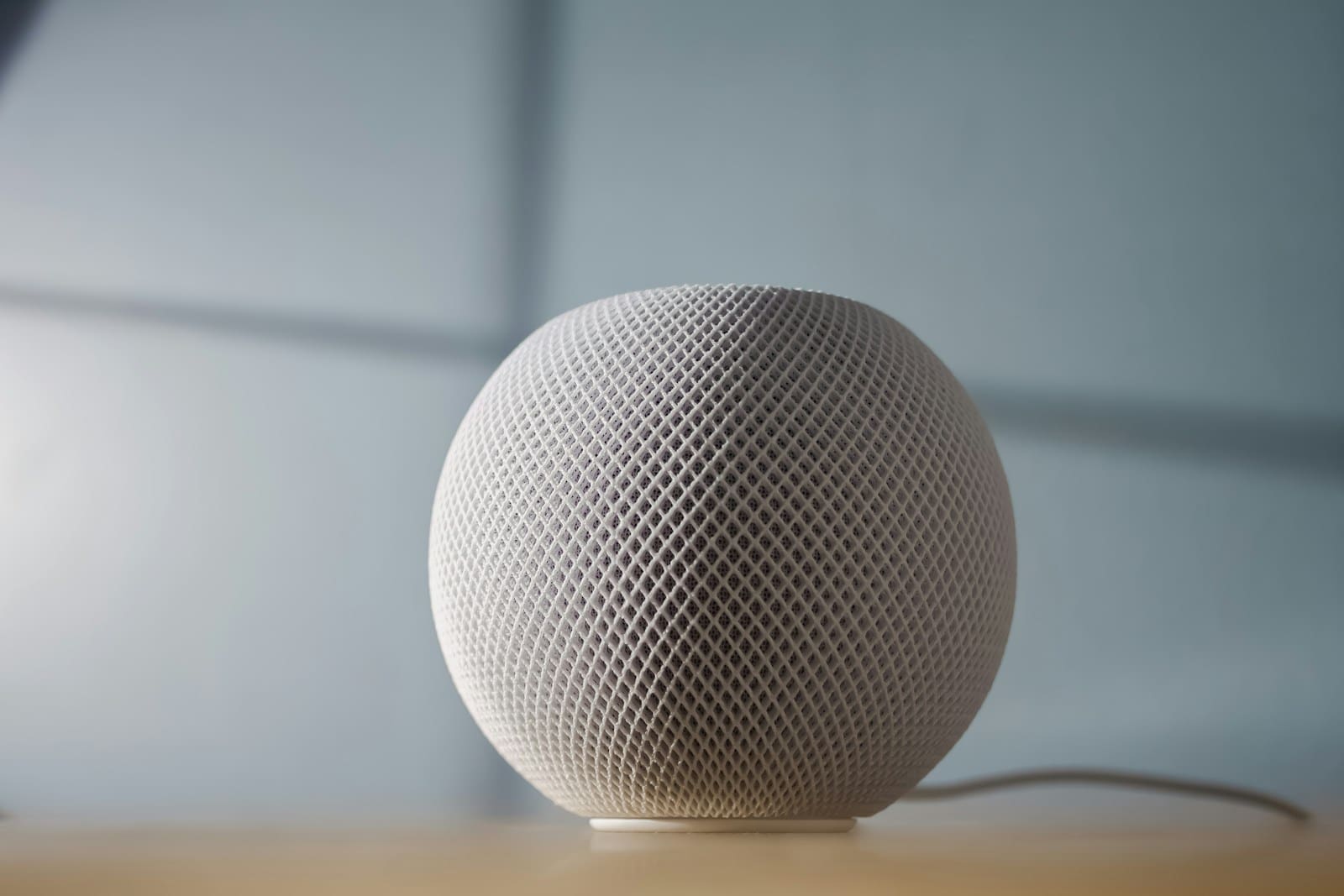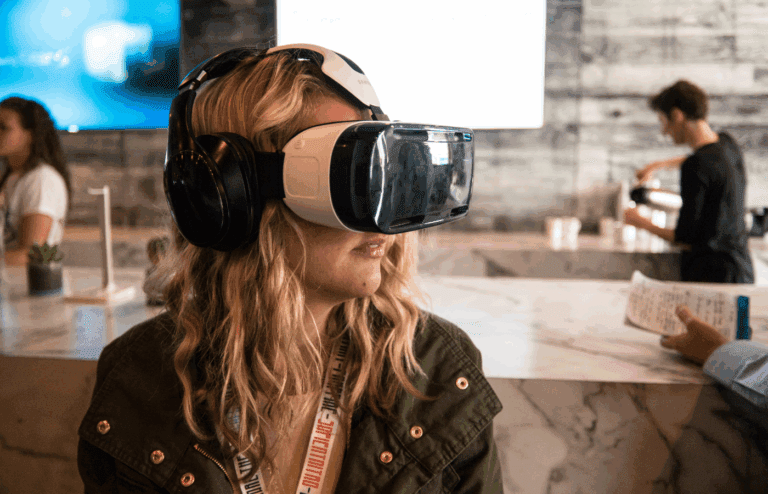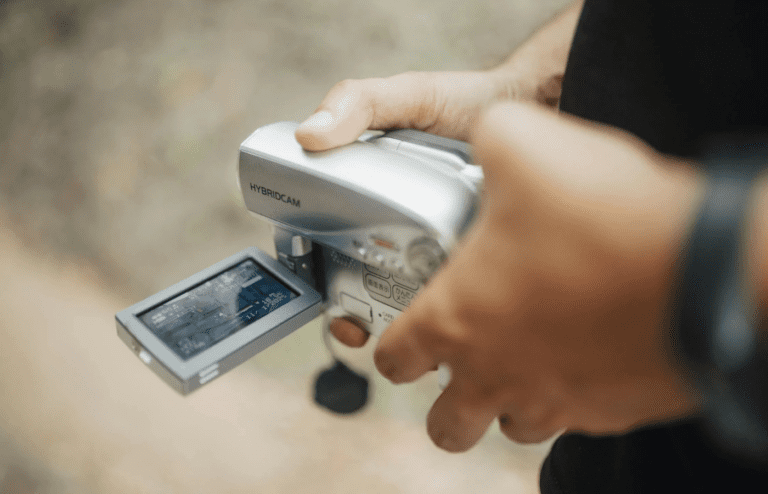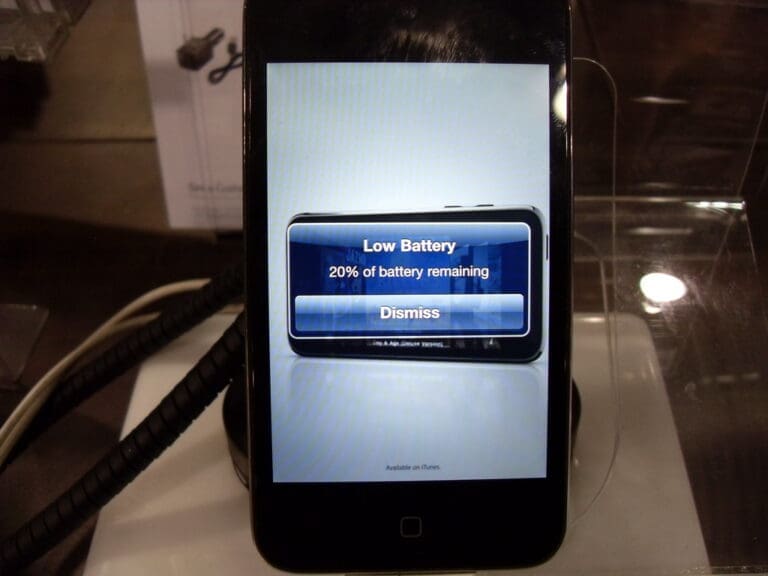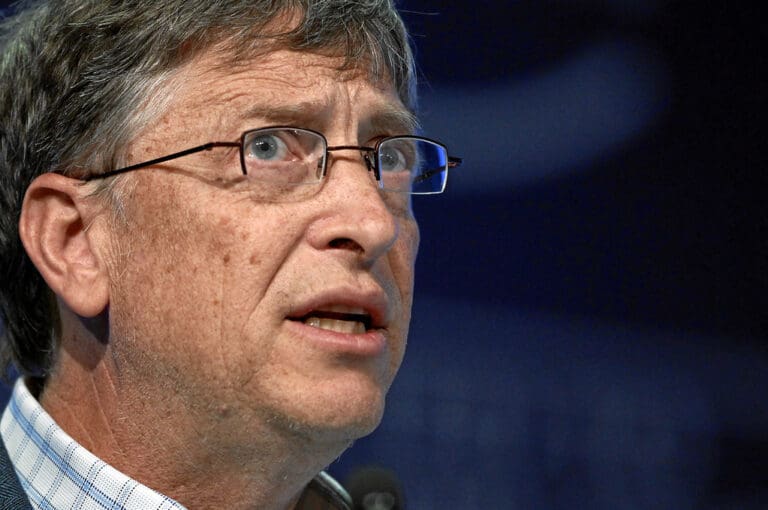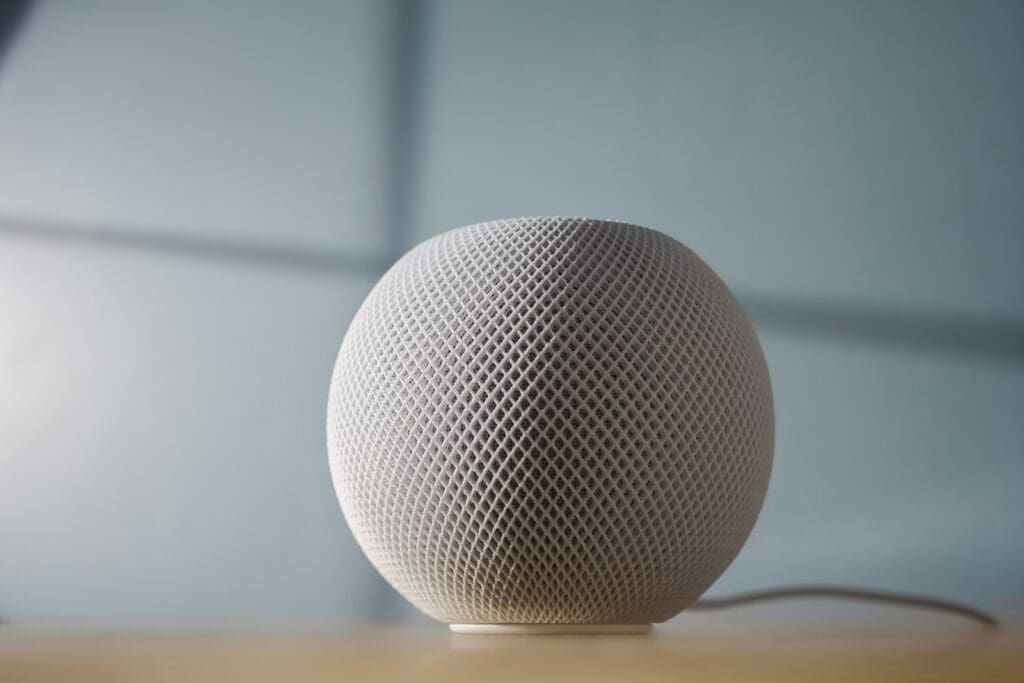
Forget Nostradamus, Edgar Cayce, Baba Vanga, Jeane Dixon, or Sylvia Browne. Bill Gates has them all beat. Check out all the predictions he made — that have since come true — in his 1999 book Business @ the Speed of Thought.
15. Smartphones
Technically, the first smartphone was the IBM Simon that came to market in 1994. However, smartphones as we would define them today, with a camera and Internet access, didn’t occur until 2001. The first iPhone debuted in 2007. In 1999, Gates wrote: “People will carry around small devices that allow them to constantly stay in touch and do electronic business from wherever they are. They will be able to check the news, see flights they have booked, get information from financial markets, and do just about anything else on these devices.”
14. Social Media
Even though GeoCities and Classmates.com first appeared in 1995, social media as we know it today started with Friendster and Myspace in 2003. Gates foresaw what it has become, writing: “Residents of cities and countries will be able to have internet-based discussions concerning issues that affect them, such as local politics, city planning, or safety.”
13. Price Comparison Sites
Today, the Internet is filled with sites that allow shoppers to make price comparisons to find the best deal on practically anything. In 1999, Gates wrote: “Automated price comparison services will be developed, allowing people to see prices across multiple websites, making it effortless to find the cheapest product for all industries.”
12. Online Finance
In 1999, if you needed to make major financial transactions, you had to physically go to a bank. Gates envisioned that the Internet would be used as the go-to place for making financial transactions. Gates predicted: “People will pay their bills…Take care of their finances…over the internet.”
11. Online Communities
You might be able to say Gates predicted the creation and rise of Reddit, Pinterest, and similar sites. Gates wrote: “Online communities will not be influenced by your location, but rather, your interest.”
10. Sports Discussion Websites
Gates not only predicted the existence of sports discussion websites but that they would allow real-time interaction. Gates wrote: “While watching a sports competition on television, services will allow you to discuss what is going on live, and enter a contest where you vote on who you think will win.”
9. Auto-Generated Ads
Gates predicted the rise in auto-generated advertisements, writing: “Software that knows when you’ve booked a trip and uses that information to suggest activities at the local destination. It suggests activities, discounts, offers, and cheaper prices for all the things that you want to take part in.”
8. Smart Ads
Gates not only foresaw smart advertising – he used the term. Gates wrote: “Devices will have smart advertising. They will know your purchasing trends, and will display advertisements that are tailored toward your preferences.”
7. Link to Sites During Live TV
Gates predicted the kind of functionality we see these days with interactive TV and the ability to click links, follow a brand on social media, or scan a QR code. Gates wrote: “Television broadcasts will include links to relevant websites and content that complement what you are watching.”
6. Online Recruiting
Four years before there was such a thing as LinkedIn, Gates foresaw that online connectivity would play a major role in connecting employees and employers. Gates wrote: “…People looking for work will be able to find employment opportunities online by declaring their interest, needs, and specialized skills.”
5. Business Community Software
Gates boldly predicted the creation and rise of sites like Upwork, Fiverr, and Craigslist in his book. “Companies will be able to bid on jobs, whether they are looking for a construction project, a movie production, or an advertising campaign,” Gates wrote. “This will be efficient for both big companies that want to outsource work that they don’t usually face, businesses looking for new clients, and corporations that don’t have a go-to provider for the said service.”
4. Project Management Software
Gates was more than prescient about project management software, but Microsoft already had plans to create things like Microsoft Teams 25 years ago. Gates wrote: “Project managers looking to put a team together will be able to go online, describe the project, and receive recommendations for available people who would fit their requirements”
3. Home Monitoring Systems
Gates foresaw the smart devices we have in use today. He wrote: “Constant video feeds of your house will become common, which inform you when somebody visits while you are not home.”
2. Online Healthcare
Gates suggested that some aspects of the medical field will shift online. The Microsoft co-founder predicted: “People will… communicate with their doctors over the internet.” Today we can view lab and x-ray results online, have virtual office visits, receive online consultations, get digital prescriptions, make appointments, fill out forms in advance, and pay our medical bills.
1. Virtual Assistants
Gates predicted “personal companions,” which we now know as virtual assistance. Gates said: “They will connect and sync all your devices in a smart way, whether they are at home or in the office, and allow them to exchange data… It will inform all the devices that you use of your purchases and schedule, allowing them to automatically adjust to what you’re doing.”
Read More: The 7 Weirdest Things Inventors Tried to Turn Into Smart Devices

